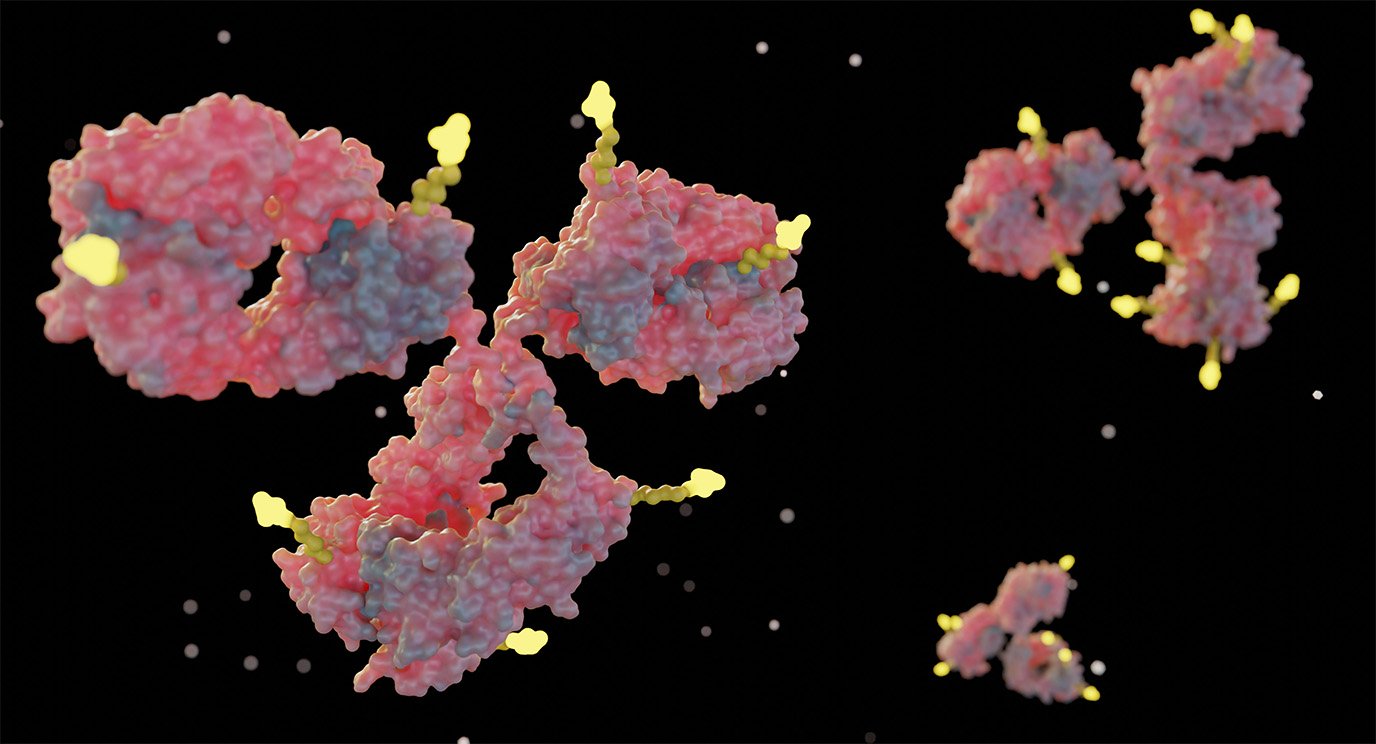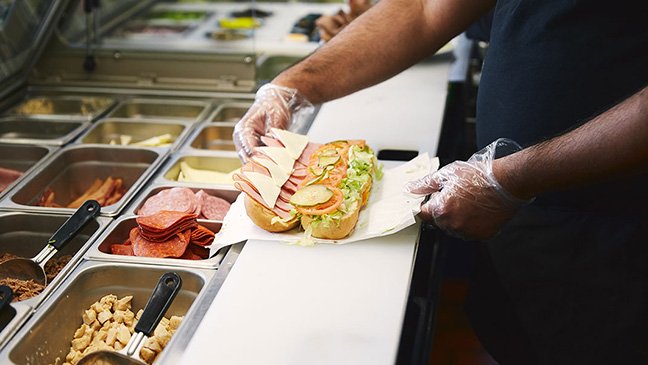- Diseases
- Acoustic Neuroma (14)
- Adrenal Gland Tumor (24)
- Anal Cancer (66)
- Anemia (2)
- Appendix Cancer (16)
- Bile Duct Cancer (28)
- Bladder Cancer (68)
- Brain Metastases (28)
- Brain Tumor (228)
- Breast Cancer (710)
- Breast Implant-Associated Anaplastic Large Cell Lymphoma (2)
- Cancer of Unknown Primary (4)
- Carcinoid Tumor (8)
- Cervical Cancer (154)
- Colon Cancer (164)
- Colorectal Cancer (110)
- Endocrine Tumor (4)
- Esophageal Cancer (42)
- Eye Cancer (36)
- Fallopian Tube Cancer (6)
- Germ Cell Tumor (4)
- Gestational Trophoblastic Disease (2)
- Head and Neck Cancer (4)
- Kidney Cancer (124)
- Leukemia (344)
- Liver Cancer (50)
- Lung Cancer (288)
- Lymphoma (284)
- Mesothelioma (14)
- Metastasis (30)
- Multiple Myeloma (98)
- Myelodysplastic Syndrome (60)
- Myeloproliferative Neoplasm (4)
- Neuroendocrine Tumors (16)
- Oral Cancer (98)
- Ovarian Cancer (172)
- Pancreatic Cancer (166)
- Parathyroid Disease (2)
- Penile Cancer (14)
- Pituitary Tumor (6)
- Prostate Cancer (144)
- Rectal Cancer (58)
- Renal Medullary Carcinoma (6)
- Salivary Gland Cancer (14)
- Sarcoma (234)
- Skin Cancer (294)
- Skull Base Tumors (54)
- Spinal Tumor (12)
- Stomach Cancer (60)
- Testicular Cancer (28)
- Throat Cancer (90)
- Thymoma (6)
- Thyroid Cancer (98)
- Tonsil Cancer (30)
- Uterine Cancer (78)
- Vaginal Cancer (14)
- Vulvar Cancer (18)
- Cancer Topic
- Adolescent and Young Adult Cancer Issues (20)
- Advance Care Planning (10)
- Biostatistics (2)
- Blood Donation (18)
- Bone Health (8)
- COVID-19 (362)
- Cancer Recurrence (120)
- Childhood Cancer Issues (120)
- Clinical Trials (620)
- Complementary Integrative Medicine (22)
- Cytogenetics (2)
- DNA Methylation (4)
- Diagnosis (224)
- Epigenetics (6)
- Fertility (62)
- Follow-up Guidelines (2)
- Health Disparities (14)
- Hereditary Cancer Syndromes (122)
- Immunology (18)
- Li-Fraumeni Syndrome (8)
- Mental Health (116)
- Molecular Diagnostics (8)
- Pain Management (64)
- Palliative Care (8)
- Pathology (10)
- Physical Therapy (18)
- Pregnancy (18)
- Prevention (878)
- Research (384)
- Second Opinion (74)
- Sexuality (16)
- Side Effects (596)
- Sleep Disorders (10)
- Stem Cell Transplantation Cellular Therapy (216)
- Support (404)
- Survivorship (324)
- Symptoms (182)
- Treatment (1762)
17 ways to help someone during cancer treatment
5 minute read | Published February 29, 2024
Medically Reviewed | Last reviewed by an MD Anderson Cancer Center medical professional on February 29, 2024
When someone you know receives a cancer diagnosis, you want to help. But you may not know how.
Some people don't feel comfortable asking for help, or the list of things they need help with may seem too long and overwhelming. So, instead of asking what you can do to help, it’s usually better to find a concrete way to support your friend or loved one.
But what can you do that will actually be helpful? We asked some of our patients to share the most helpful things friends and family members have done to support them during cancer treatment. Here's what they suggest.
1. Deliver meals.
Organize friends and family to take turns preparing and bringing meals while the patient recovers. You don’t even have to cook; you can get takeout delivered. Or you could take care of the grocery shopping, or order groceries online and have them delivered.
2. Help keep their household running.
Cook, clean, mow the lawn, do the laundry, wash dishes, make sure the bills get paid, get the kids dressed for school, walk the dog and do all the things that the person in cancer treatment would normally do to keep life going for the rest of the family.
3. Give the primary caregiver a break.
Go to doctor’s appointments in the caregiver’s place, help with the kids or pets, organize medications, or send the patient’s spouse, parent or child off for a massage or a night or weekend to unwind. This can ease the caregiver’s stress and give them the energy to keep going.
4. Drive the patient to and from appointments.
Even when treatment is over, drive them to checkups and scans. They may not show it, but cancer patients often have a lot of anxiety about these appointments, even years after treatment. A friendly face and someone to talk to can make a big difference.
5. Take notes during appointments.
Patients’ memories can be foggy during and after treatment, and the amount of information they receive can be overwhelming. Taking notes during appointments or when the doctor or nurse stops by can ensure they have the information they need later.
6. Visit.
Days can seem very long when you’re hospitalized, and a visit from a friend or family member can make a big difference. Just keep in mind that cancer patients often struggle with fatigue, so don’t stay too long – unless they ask you to stay longer.
7. Take care of their children.
Take them to school or sports practice, help with homework, or have them over for a slumber party or playdate. This can help take the kids’ minds off of cancer and ease their parents’ stress.
8. Make their living space comfortable.
Patients who travel out of town for treatment may have temporary living accommodations in apartments or at the homes of loved ones. Consider bringing the patient's bed sheets and pillows from home or family pictures and artwork that reminds them of home. This can help them feel comfortable while they’re away from home.
9. Give a self-care gift bag.
Patients may struggle to prioritize self-care during treatment. Gift them a bag filled with unscented lotion, fuzzy socks, lip balm, a journal and other items so they can pamper themselves and feel good during treatment.
10. Stay connected.
Text, call, email, etc. One idea is to coordinate a phone chain among friends. Each day at a specific time, a friend calls and checks in with the patient. This is a great way to let the patient know you’re thinking of them.
11. Send a thoughtful gift.
Mail them their favorite snack or give them activity books to do during treatments. If the patient has children, books about how to talk to your kids about cancer would be helpful. You could buy a small flip notebook and use it as a countdown for treatments, starting with day 1 to the end of treatment. For each day, write quotes, affirmations or simple words of encouragement. This is a great way to help someone keep a positive mindset and brighten their day.
Get 16 gift ideas from cancer survivors
12. Pray for/with the patient.
This gives many patients the courage to face another day.
13. Sit with them and listen.
Don’t offer advice or recommendations unless asked. Instead, listen to the patient’s concerns, acknowledge that cancer sucks and offer a shoulder to cry on. And if the patient doesn’t feel like talking, sit there with them quietly. There is a lot of power in simply being present.
14. Have normal conversations.
Remember that most cancer patients don’t want to be treated differently just because they have cancer. Talk to your friend or loved one like you did before. Talk about what’s going on in the neighborhood or at your kids’ school, favorite TV shows, etc. This can briefly help take patients’ minds off cancer. Make them laugh by telling jokes or sharing funny videos. Laughter really is good medicine.
15. Plant a garden.
If you have a green thumb, consider planting a garden with vegetables and herbs. This will produce healthy food options for patients to eat, and if they’re up to it, patients can help in the garden. There are many benefits to gardening, including decreased stress and improved mental health.
16. Surprise them with a fun afternoon out.
If the patient is feeling well enough during treatment, consider taking them out for a day to do an activity they enjoy. For example, if your loved one is an avid golfer, it may not be possible to get to a golf course for 18 holes. But a trip to a golf store to buy some new gear or hit the ball a few times around the putting green could be a welcome surprise.
17. Motivate them.
Encourage them to do what they need to do to get better, whether that’s doing their exercises for rehab, taking medications or eating more.
However you decide to help, remember: any love and support you provide can make a big difference, whether it cheers the patient up, or frees up their time and energy so that they can focus on job No. 1: healing and getting back to living life.
Request an appointment at MD Anderson online or call 1-844-706-2439.






